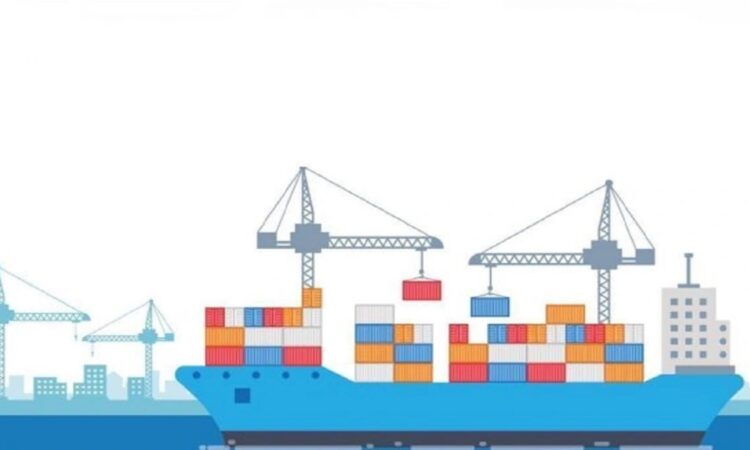
At a time when India’s exports are facing global headwinds, the government is prioritising free trade agreements with the UK, European Union, Canada, among others, to boost trade. The government has inked deals with Australia, which has just been approved by its Parliament, and the UAE. All eyes are on its FTA negotiations with the Rishi Sunak-led UK government, the next round of which will take place in December. Expectations that it would be ready by Diwali were unrealistic given the political developments in the UK. But this FTA is a top priority after the prime ministers of both countries met at the G-20 summit in Bali. Before heading for Bali, PM Sunak stated that he would not “sacrifice quality for speed” while securing the deal. India, for its part, wants an agreement that is “balanced and comprehensive” with the UK. Doing trade deals is not a simple affair as it entails a complicated process of give and take for greater access to each other’s markets. If India seeks greater market access, it must also allow the UK to sell more of its goods and services. However, the strong support for the FTA at the highest political levels is the best augury for a mutually satisfactory outcome in the negotiations.
Also Read: Data Drive: HNI interest in passive funds
The UK is keen on an FTA with India as part of its wider outreach to the Indo-Pacific region. With the template of the 11-member Comprehensive and Progressive Agreement for Trans-Pacific Partnership in mind, it seeks a more ambitious deal. Whether India shares the same level of ambition is a different matter, although commerce and industries minister Piyush Goyal insists that we are doing a comprehensive deal like with the UAE. There are 26 chapters in the agreement, which includes goods, services, investments and intellectual property rights. The FTA would ultimately cover more than 90% of tariff lines to step up bilateral trade to $100 billion by 2030. The sticking points in earlier rounds of negotiations include data localisation norms and allowing UK firms to bid for public contracts.
The substantive ones relate to opening up financial services with the UK being frustrated over securing greater market access for its firms. The UK also eyes a “huge opportunity” in exports of whiskey, salmon and cheese but had concerns after India initially offered to liberalise tariffs on only half as many agricultural products, according to a letter to former PM Boris Johnson by the then agricultural secretary as reported in the Financial Times. India seeks greater access for its students and skilled professionals as part of an enhanced two-way exchange across different sectors. But whether UK home secretary Suella Braverman will endorse any further visa concessions, a critical area of interest for India, is not known.
The India-UK FTA negotiations therefore are bound to be tough. Raising the bar to a more comprehensive deal is bound to take India out of its comfort zone of inking interim deals which entail freer trade in a selected number of goods, which could be a precursor for a more ambitious deal later on. New generation FTAs entail regulatory policy reform, intellectual property rights protection, labour rights etc, areas which India does not have enough experience in negotiating. India opted out of the trade pillar of the Indo-Pacific Economic Framework for these reasons. How India stitches up a balanced and comprehensive FTA with the UK deserves watching.






